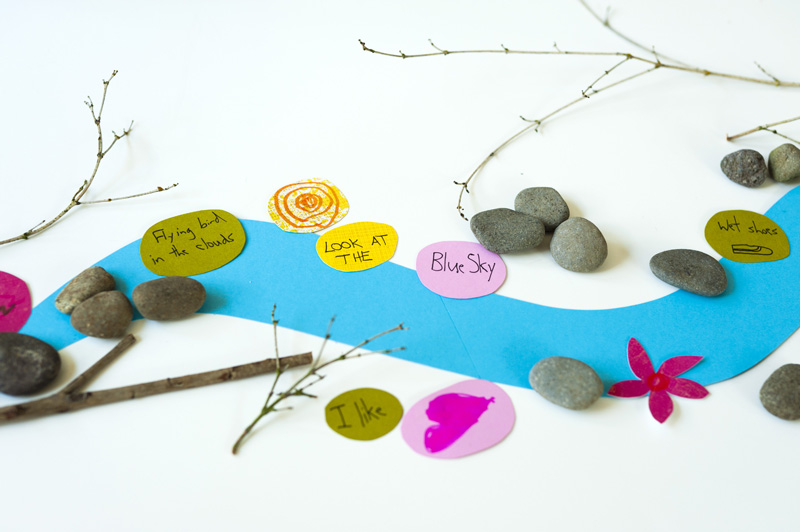Spleen
Quand le ciel bas et lourd pèse comme un couvercle
Sur l'esprit gémissant en proie aux longs ennuis,
Et que de l'horizon embrassant tout le cercle
II nous verse un jour noir plus triste que les nuits;
Sur l'esprit gémissant en proie aux longs ennuis,
Et que de l'horizon embrassant tout le cercle
II nous verse un jour noir plus triste que les nuits;
Quand la terre est changée en un cachot humide,
Où l'Espérance, comme une chauve-souris,
S'en va battant les murs de son aile timide
Et se cognant la tête à des plafonds pourris;
Où l'Espérance, comme une chauve-souris,
S'en va battant les murs de son aile timide
Et se cognant la tête à des plafonds pourris;
Quand la pluie étalant ses immenses traînées
D'une vaste prison imite les barreaux,
Et qu'un peuple muet d'infâmes araignées
Vient tendre ses filets au fond de nos cerveaux,
D'une vaste prison imite les barreaux,
Et qu'un peuple muet d'infâmes araignées
Vient tendre ses filets au fond de nos cerveaux,
Des cloches tout à coup sautent avec furie
Et lancent vers le ciel un affreux hurlement,
Ainsi que des esprits errants et sans patrie
Qui se mettent à geindre opiniâtrement.
Et lancent vers le ciel un affreux hurlement,
Ainsi que des esprits errants et sans patrie
Qui se mettent à geindre opiniâtrement.
— Et de longs corbillards, sans tambours ni musique,
Défilent lentement dans mon âme; l'Espoir,
Vaincu, pleure, et l'Angoisse atroce, despotique,
Sur mon crâne incliné plante son drapeau noir.
Défilent lentement dans mon âme; l'Espoir,
Vaincu, pleure, et l'Angoisse atroce, despotique,
Sur mon crâne incliné plante son drapeau noir.
— Charles Baudelaire
Spleen
When the cold heavy sky weighs like a lid
On spirits whom eternal boredom grips,
And the wide ring of the horizon's hid
In daytime darker than the night's eclipse:
On spirits whom eternal boredom grips,
And the wide ring of the horizon's hid
In daytime darker than the night's eclipse:
When the world seems a dungeon, damp and small,
Where hope flies like a bat, in circles reeling,
Beating his timid wings against the wall
And dashing out his brains against the ceiling:
Where hope flies like a bat, in circles reeling,
Beating his timid wings against the wall
And dashing out his brains against the ceiling:
When trawling rains have made their steel-grey fibres
Look like the grilles of some tremendous jail,
And a whole nation of disgusting spiders
Over our brains their dusty cobwebs trail:
Look like the grilles of some tremendous jail,
And a whole nation of disgusting spiders
Over our brains their dusty cobwebs trail:
Suddenly bells are fiercely clanged about
And hurl a fearsome howl into the sky
Like spirits from their country hunted out
Who've nothing else to do but shriek and cry —
And hurl a fearsome howl into the sky
Like spirits from their country hunted out
Who've nothing else to do but shriek and cry —
Then long processions without fifes or drums
Wind slowly through my soul. Hope, weeping, bows
To conquest. And atrocious Anguish comes
To plant his black flag on my drooping brows.
Wind slowly through my soul. Hope, weeping, bows
To conquest. And atrocious Anguish comes
To plant his black flag on my drooping brows.
— Roy Campbell, Poems of Baudelaire (New York: Pantheon Books, 1952)




